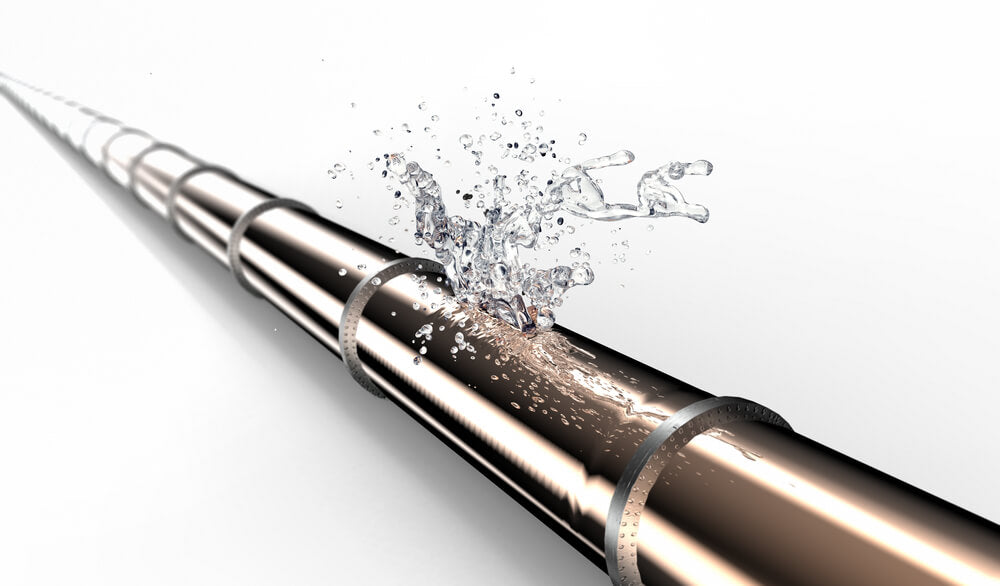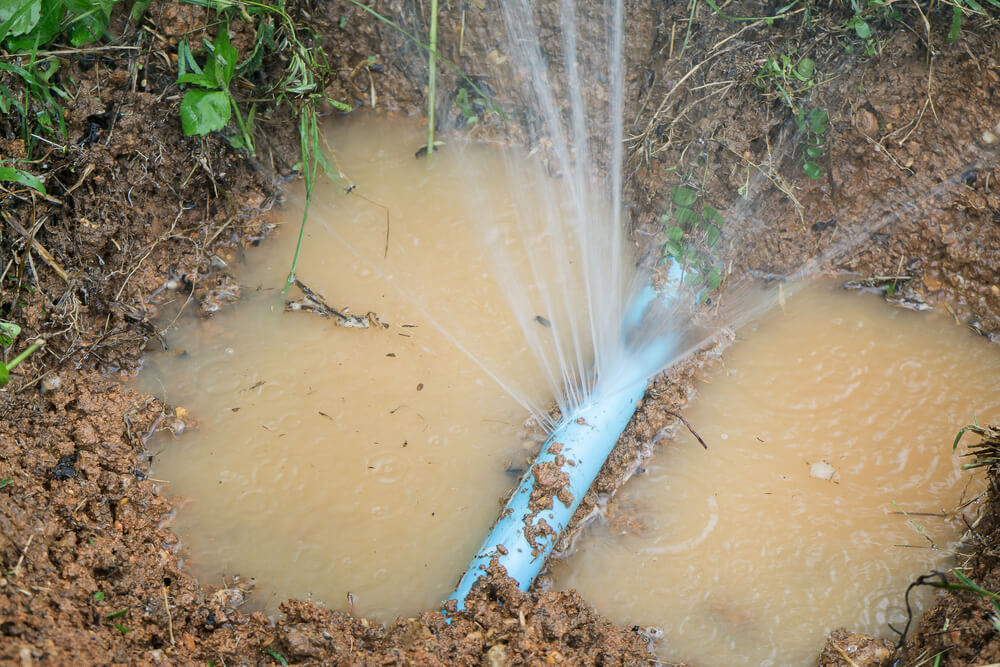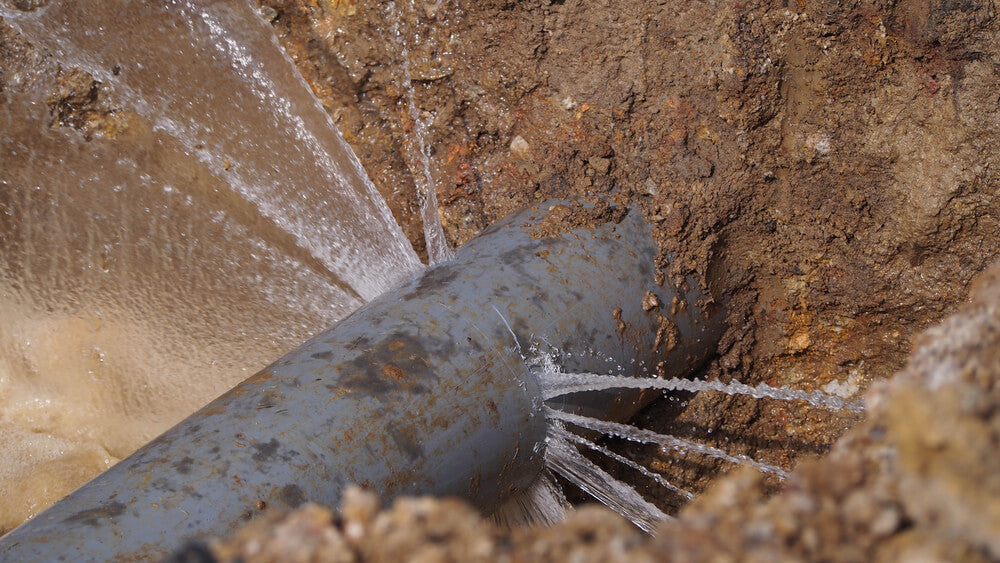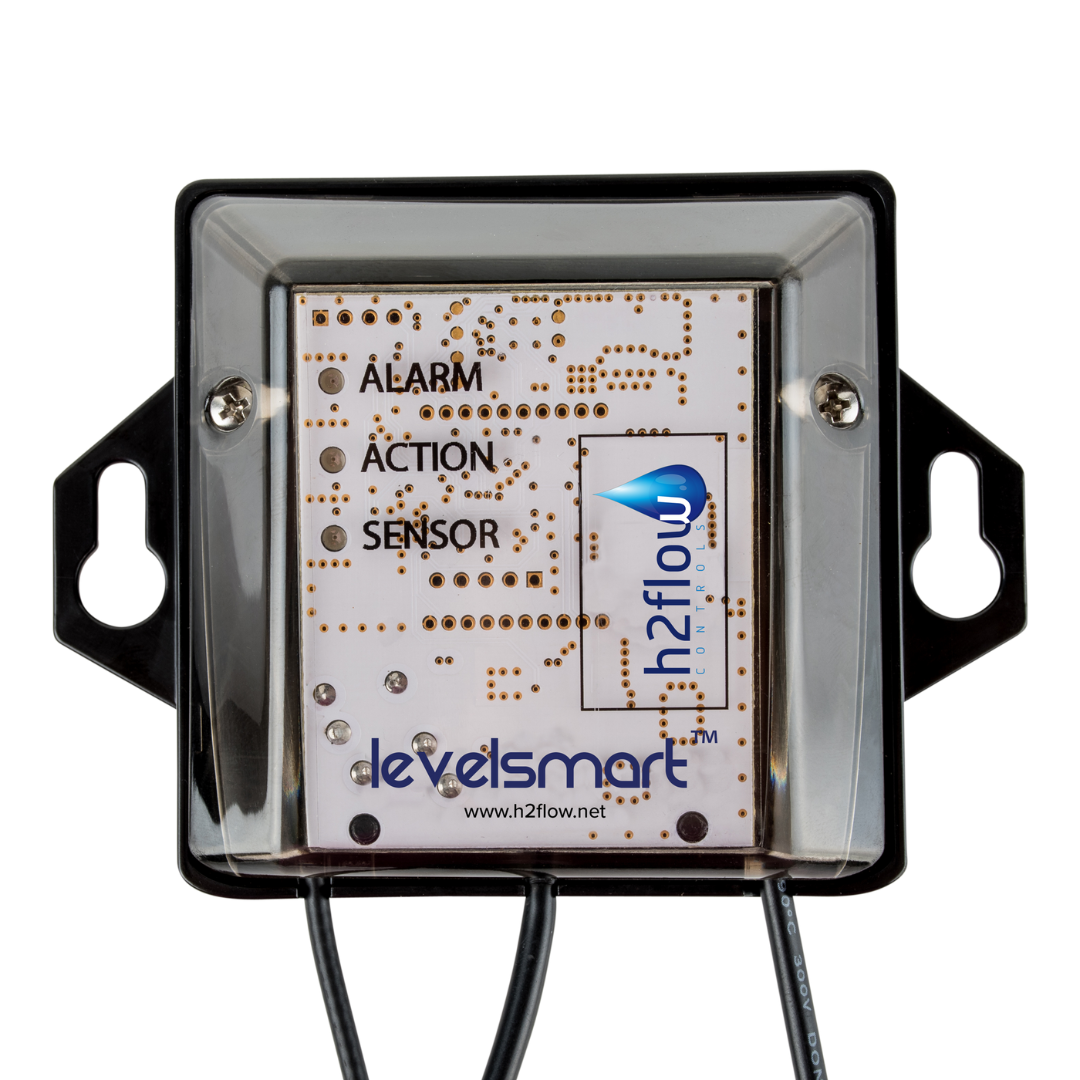
Pool Maintenance and Flow Meters
Maintaining a swimming pool requires time, energy, and money. One of the most crucial components for any pool's cleanliness and proper operation is its circulation system. This system keeps water clean and even the distribution of chemicals - that's why pool owners must invest in flow meters.
Pool flow meters are devices that measure the rate of water flow in your pool's circulation system. There are various types of flow meters available on the market, including mechanical and digital options. They all play an essential role in maintaining proper flow rates and protecting pool equipment longevity.
By the end of this article, you'll have a good grasp on why flow meters are essential for your pool's longevity.

1. Accurately Measure Flow Rate
One of the greatest advantages of installing a flow meter in your pool is being able to monitor the flow rate. Flow rate refers to how much water passes through each filter system per minute. It plays an essential role in keeping your pool healthy and functioning optimally.
Low flow rates in pools can lead to several issues. These issues include inadequate water circulation, resulting in poor water quality, and increased wear-and-tear on the equipment. A pool flow meter helps identify when the flow rate falls below recommended levels. This gives pool owners time to take corrective action promptly.
Flow meters measure the velocity of water flow within a pool's circulation system. They are installed inside pipes and use sensors to capture data about flow rate. This data is then displayed digitally or analog on an output.
Accurately monitoring your pool's flow rate is essential for several reasons. Firstly, it helps ensure that the filtration system is functioning optimally. Secondly, accurate readings enable you to optimize pump operation, save energy and cut back on energy expenses.
2. Pool Flow Meters Help Detect and Diagnose Problems
Pool circulation systems are intricate and comprise several components, such as pumps, filters, and heaters. With so many moving parts, it's not unusual for issues to arise which could compromise the pool's health and safety. Thankfully, flow meters help detect and diagnose these problems quickly.
As mentioned above, a pool flow meter detects changes in flow rate. If the rate drops below its recommended level, this could indicate an issue with your circulation system. These issues include blockages in filters or malfunctioning pumps, leading to a low pool volume.
A pool flow meter can also help diagnose more complex problems. For instance, if the flow rate suddenly drops and stays low, this could indicate an issue with the pool's plumbing. This issue could be due to a clog in the pipe, a defective valve, or a leak.
A pool flow meter not only detects and diagnoses issues, but it can also help prevent them from occurring. By regularly monitoring the flow rate, pool owners can spot trends and potential issues before they become serious.

3. Save Money On Energy Costs
Pool pumps are essential elements of any pool's circulation system, yet they can also be energy guzzlers. Even when running optimally, traditional pool pumps consume a considerable amount of electricity. With a pool flow meter, pool owners can optimize pump operation. This ensures that the pump runs at an appropriate speed for its current flow rate.
By reducing its speed when the flow rate is low, pool owners can save electricity on unnecessary pump running.
4. Extend the Lifespan of Pool Equipment
Investing in a pool flow meter for your pool can also help extend the lifespan of its equipment. When flow rates are too low or high, they put unnecessary strain on components, leading to premature wear and tear.
Low flow rates can force pool equipment to work harder than necessary, leading to premature depreciation. For instance, if the pump has to work harder to circulate water, that increases the strain on its motor. Furthermore, lower flows cause filters to clog more rapidly which reduces their lifespan and necessitates frequent cleaning or replacement.
On the other hand, high flow rates put undue stress on the pool's plumbing system. It can potentially lead to leaks or other damages. With an accurate flow rate, pool owners can ensure their equipment operates optimally while reducing premature wear-and-tear risks.
5. Ensuring Compliance with Regulations
Pool regulations vary by state and local jurisdiction. However, most require pools to maintain a minimum flow rate to guarantee proper circulation and filtration. Additionally, certain regulations may require pool owners to keep a record of flow rate measurements and pump operation. A pool flow meter can help pool owners fulfill this obligation, guaranteeing they adhere to all applicable rules.
Final Thoughts
A pool flow meter is an affordable investment that can result in substantial savings on energy costs and maintenance bills. It helps pool owners ensure compliance with regulations while extending the lifespan of their equipment. With such clear advantages, many pool owners are now opting to install them.
Investing in a pool flow meter is one of the best decisions you can make. It gives you the tools to keep your pool running efficiently and effectively. However, there's always more to learn about pool maintenance. Staying informed will save you both money and time in the long run.






